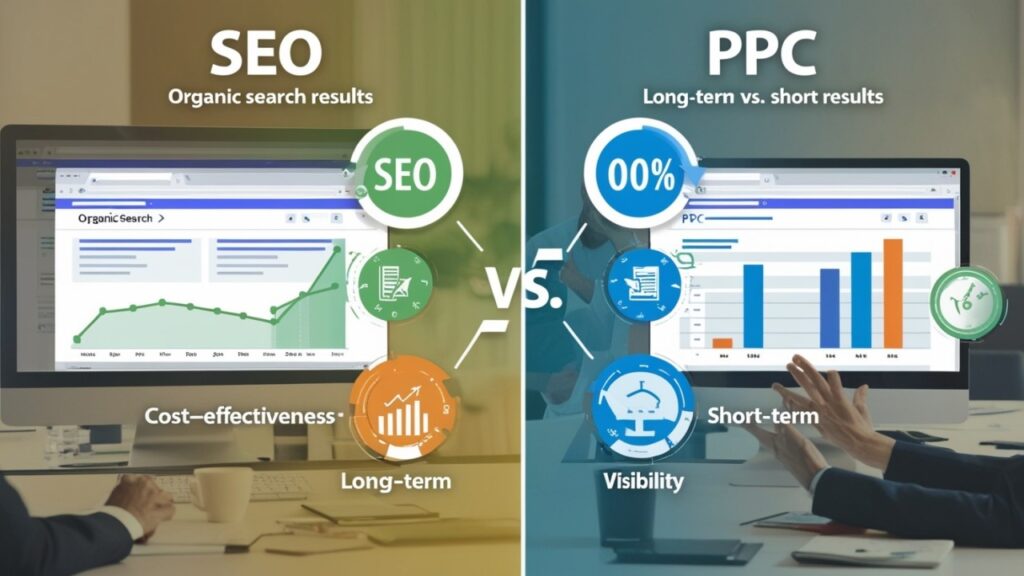How Content Marketing Drives Sales: A Guide for UK Businesses!
In today’s digital world, traditional advertising alone is no longer enough to attract and retain customers. Businesses in the UK are increasingly turning to content marketing as a powerful tool to engage audiences, build trust, and ultimately drive sales. But how exactly does content marketing contribute to revenue growth? Let’s explore.
What is Content Marketing?
Content marketing is a strategic approach that involves creating and distributing valuable, relevant, and consistent content to attract and engage a target audience. Unlike direct advertising, content marketing focuses on providing information, entertainment, or solutions that potential customers find useful.
Examples of content marketing include:
Blog posts that educate and inform
Social media content that engages users
Email newsletters that nurture leads
Videos that demonstrate products or services
E-books and whitepapers that provide in-depth insights
How Content Marketing Increases Sales
1. Builds Trust and Credibility
Consumers today are more likely to buy from businesses they trust. High-quality, informative content helps establish your brand as an authority in your industry. When customers see that you provide valuable insights, they are more likely to choose your business over competitors.
2. Generates and Nurtures Leads
By offering useful content in exchange for contact details (e.g., downloadable guides or email newsletters), businesses can generate leads. Once these potential customers are in your sales funnel, regular content keeps them engaged, increasing the chances of conversion.
3. Improves Search Engine Rankings (SEO)
A well-executed content marketing strategy improves your website’s search engine ranking. By consistently publishing keyword-rich content, you increase your chances of appearing in Google searches, leading to more organic traffic and potential sales.
4. Supports the Buyer’s Journey
Content marketing plays a crucial role at every stage of the buyer’s journey:
Awareness Stage – Blog posts and social media content introduce your brand and solutions to potential customers.
Consideration Stage – Case studies, product comparisons, and testimonials help customers evaluate their options.
Decision Stage – FAQs, detailed product pages, and special offers encourage conversions.
5. Enhances Social Media Engagement
Compelling content shared on Facebook, LinkedIn, Instagram, and Twitter helps businesses connect with audiences and expand their reach. Engaging content encourages shares, comments, and discussions, keeping your brand top-of-mind.
6. Cost-Effective Marketing Strategy
Compared to traditional advertising, content marketing offers a higher return on investment (ROI). A well-written blog post or video can continue to attract and convert customers long after its initial publication, making it a cost-effective way to drive sales.
Best Practices for UK Businesses
If you’re a UK-based business looking to leverage content marketing for sales growth, follow these best practices:
Understand Your Audience – Research your target market to create content that addresses their needs and challenges.
Use British English and Local References – Appeal to UK customers by using local spelling, idioms, and cultural references.
Optimise for SEO – Incorporate relevant keywords, meta descriptions, and internal links to boost visibility.
Diversify Content Formats – Combine blogs, videos, infographics, and social media posts for maximum engagement.
Measure Performance – Track key metrics such as website traffic, conversion rates, and social engagement to refine your strategy.
Final Thoughts
Content marketing is not just about creating blog posts or social media updates—it’s about strategically using content to drive sales. By building trust, nurturing leads, improving SEO, and supporting the buyer’s journey, businesses in the UK can significantly boost their revenue.


